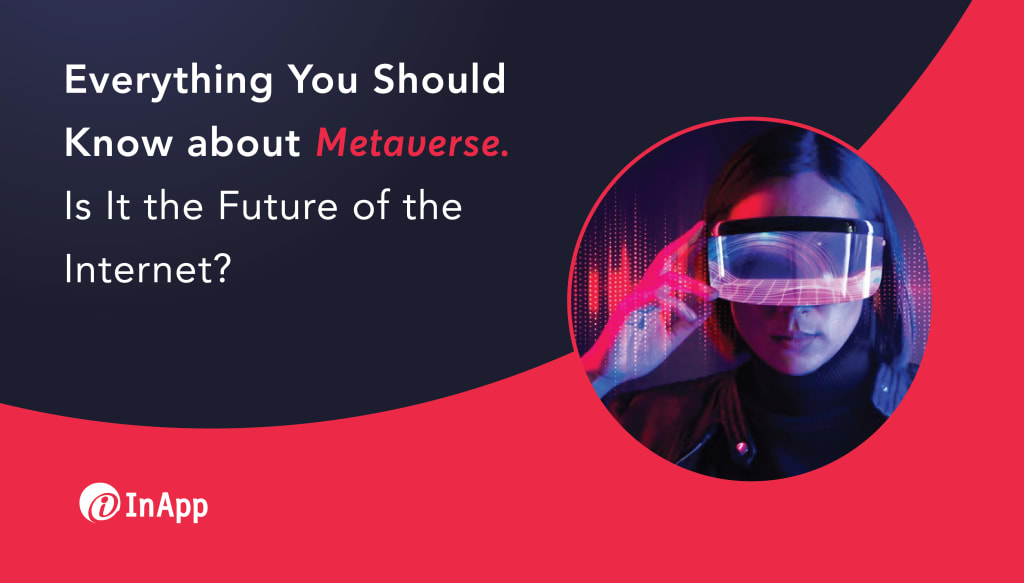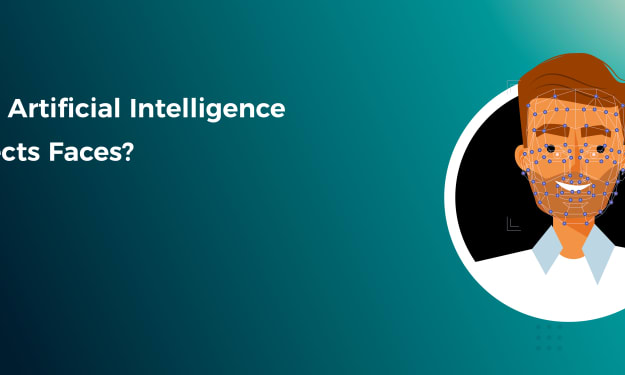
Facebook transformed our world 15 years ago, and its trifecta of social media businesses — Facebook, Instagram, and WhatsApp — can arguably be called one of the most socially disruptive businesses in history. Today these three apps are used by 3.58 billion people every month.
So, the recent announcement to rebrand as Meta may sound like a simple name change. But the company is looking to reimagine our lives again, this time with the metaverse. Meta describes the metaverse as “the next evolution of social connection,” 3D spaces where you can “socialize, learn, collaborate and play in ways that go beyond what we can imagine.”
However, the future of the metaverse has far more implications than just Meta’s business plans. Let’s discuss what you should know and how it’s likely to affect how we use the internet.
What is the Metaverse?
The metaverse is an immersive internet experience that lets you replace or augment reality with computerized simulations that strive to be as realistic as possible. The metaverse would use tools based on virtual reality (VR), augmented reality (AR), and emerging technologies to overlap the physical and digital worlds for end users. AR can expand the ways devices can help with everyday activities like searching for information, shopping, and creating content. VR lets you experience what it’s like to go anywhere — whether it’s a real-life event or an imaginary world.
While still mostly a theoretical concept, the metaverse could be used for almost anything in the real world, including socialization, work, content creation, shopping, entertainment, financial transactions, and more.
“Essentially, it’s a world of endless, interconnected virtual communities where people can meet, work, and play, using virtual reality headsets, augmented reality glasses, smartphone apps, or other devices,” The Associated Press reports.
Metaverse Examples
You can already find examples of how metaverse technologies would work, particularly in video games. When Second Life launched in 2003, it was described as the first metaverse because it incorporated aspects of real-life into a virtual world, particularly the ability to socialize with other players and buy digital items with real-world money. Since that time, Minecraft, Roblox, Fortnite, Active Worlds, the Palace, Decentraland, and more have continued in a similar fashion.
Metaverse Projects
Currently, Zuckerberg says, Meta is focusing on creating virtual office spaces where people working from home can gather as if in person, plus virtual homes people can design and host real friends for metaverse games. You will also be able to attend concerts, travel to distant cities and natural wonders, and, of course, shop for virtual clothes and goods that will exist in our virtual worlds.
But other companies are also working on their own metaverse projects. In 2017 Microsoft acquired virtual reality company AltspaceVR, a platform for “live, virtual events, empowering artists, brands, and businesses to easily design meaningful experiences that foster community and connection.” Microsoft also plans to integrate metaverse features into its Teams platform.
Google Create enables developers to create their own AR Experience, and its parent company has been investing in metaverse technology for some time. ARCore — Google’s AR developer platform — provides simple yet powerful tools for creating AR experiences. Google Earth VR enables users to explore the world without leaving their chairs. Its Google Earth Tour Creator also makes it possible to build immersive, 360° tours right from a computer.
Theoretically, once the technology is good enough, the possibilities for the metaverse are as broad as our imaginations.
If the metaverse is sparking your imagination, InApp can help. Our immersive and realistic AR/VR solutions open up possibilities in optimized training, captivating games and media, engaging AR/VR commerce, and more. Contact us for more information.
FAQ
What is the metaverse used for?
The metaverse uses tools based on virtual reality (VR), augmented reality (AR), and emerging technologies to overlap the physical and digital worlds for end users. While still mostly a theoretical concept, the metaverse could be used for almost anything in the real world, including socialization, work, content creation, shopping, entertainment, financial transactions, and more.
What is Facebook’s metaverse vision?
Mark Zuckerberg, founder, and CEO of Meta (formerly Facebook, Inc.), envisions the metaverse as a merger of the physical and digital world. “The defining quality of the metaverse will be a feeling of presence — like you are right there with another person or in another place. Feeling truly present with another person is the ultimate dream of social technology. That is why we are focused on building this. In the metaverse, you’ll be able to do almost anything you can imagine — get together with friends and family, work, learn, play, shop, create — as well as completely new experiences that don’t really fit how we think about computers or phones today.” Zuckerberg said in a Founder’s Letter posted online.
About the Creator
InApp
We are a custom software development company focused on providing world-class business solutions and delivering exceptional value to customers.
Customers: Startups - Fortune 500






Comments
There are no comments for this story
Be the first to respond and start the conversation.